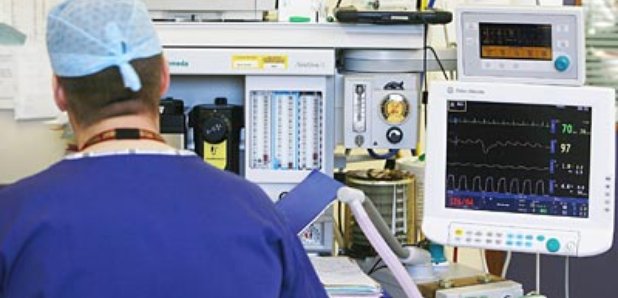On Air Now
Early Breakfast with Lindsey Russell 4am - 6:30am
18 April 2019, 12:35 | Updated: 18 April 2019, 12:36

The five early signs of the potentially fatal condition sepsis will be highlighted in a new campaign.
The Scottish Government initiative will see posters displayed in pharmacies and adverts on radio, buses and Facebook.
It focuses on the often silent symptoms of sepsis, a rare but serious complication of an infection which without quick treatment can lead to multiple organ failure and death.
The five signs are a very high or low temperature, uncontrolled shivering, confusion, passing less urine than normal and blotchy or cold hands and feet.
Chief Medical Officer Catherine Calderwood said: "The key in treating sepsis is catching it quickly, so that is why it's important to know the signs.
"If someone has two or more of the symptoms and they are getting rapidly worse, it is important to seek urgent medical advice.
"Following our first campaign from 2018, we know that more than three out of four people are aware of the dangers of sepsis but we want to further increase public awareness to spot the signs, and this campaign will help us do this.
"It will also help to focus on continuous improvement across Scotland ensuring there is safe and consistent care for all sepsis patients."
She said deaths from sepsis have fallen by 21% since 2012, partially due to the Scottish Patients Safety Programme which has been supporting clinicians to recognise sepsis and provide six key treatments within an hour to boost survival chances.
Ms Calderwood added that it is "still vital that people are aware of this potentially fatal condition".
Craig Stobo, who founded Sepsis Research after the death of his wife Fiona and unborn daughter Isla from the illness, is backing the campaign.
He said: "This focused effort to encourage people to recognise the symptoms of this potentially fatal illness will save lives.
"Educating people so they know what to look out for and understand the urgent need to get medical assistance will help prevent potentially tragic consequences, and we congratulate the Scottish Government on taking this initiative."